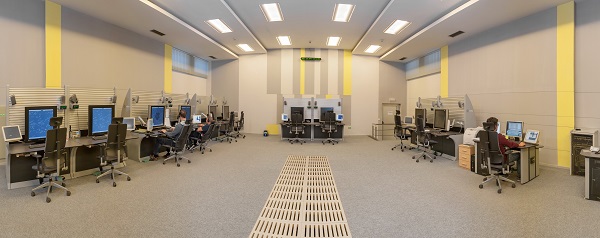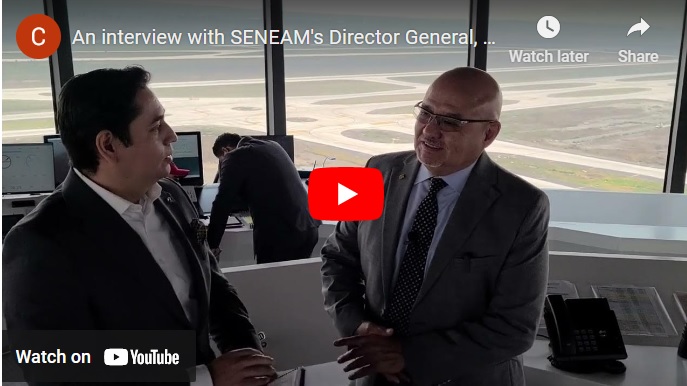How BHANSA has met the COVID-19 challenge

BHANSA Director, Davorin Primorac, looks at the work done and services provided to maintain traffic flows during the pandemic.
For BHANSA, 2019 was an extremely important year full of challenges, important events and successful business results. I must especially single out the difficult path to us taking over air traffic control services in the airspace of Bosnia and Herzegovina to FL660. We finally achieved this on the night of 4-5 December, making us the newest operative air navigation service provider in Europe .
Our plans for 2020 included continued investment in human resources, infrastructure and equipment, all with the aim of maintaining the safe and efficient flow of air traffic and improving the quality of our services.
The emergence of the COVID-19 virus disproportionately impacted the aviation industry, which is now going through the worst crisis since its inception. This threw into question the work and very survival of BHANSA.
Our primary goal was to accept the abrupt new situation and deal with it in the best possible way.
Contingency measures
Our Emergency Management Center has monitored and analysed the available information on a daily basis, and used this to develop a strategy to protect the health of employees and ensure the smooth continuation of BHANSA’s services.
Operational and administrative personnel were divided into teams who were not to have any contact with each other in order to reduce the risk of infection within the Agency. We have provided the necessary protective equipment, as well as disinfectants, and we have introduced rigorous epidemiological hygiene measures within our premises.
As well as having to manage the health risk to our employees and their families, the emergence of COVID-19 has affected BHANSA at other levels.
Due to the introduction of passenger restrictions throughout Europe, there was a drastic drop in traffic in FIR Sarajevo. For example, in April 2020, traffic was reduced by 92% compared to the same month in 2019. After that, traffic slowly recovered until September, when it reached levels around 50% compared to last year. I would especially like to emphasise that during the period of passenger restrictions, BHANSA enabled the operation of vital flights for the transport of medical equipment and sanitary material, humanitarian aid and repatriation of citizens to and from Bosnia and Herzegovina.
Business continuity
The loss of traffic inevitably affected our overall financial situation. In order to maintain our financial balance, we immediately started rationalising our operations and scaled down the BHANSA Financial Plan for 2020. These changes have included, among other things, a reduction in expenditure and delays in non-essential investments and other obligations, including a painful reduction in employees’ salaries, all with the aim of ensuring the continued provision of air navigation services, as well as the protection of existing jobs.
In order to mitigate the negative financial consequences of the pandemic Bosnia and Herzegovina supported and participated in both European financial support packages to airlines and ANSPs. Through these, European airlines were granted a deferment in their payment of fees to ANSPs for the months February to May 2020, while on the other hand EUROCONTROL’s Central Route Charges Office (CRCO) offered credit to ANSPs to cover this shortfall during this period.
I would particularly like to underline the importance of our excellent partnerships with CANSO and EUROCONTROL, as well as their commitment to continuing to provide their services during a pandemic.
Building resilience
The recent re-emergence of a pandemic has slowed the recovery, and this is a cause for concern for the entire aviation industry. The lack of coordination between states on travel restrictions and quarantine measures has led to a loss of confidence among potential travellers, who are understandably reluctant to make bookings. It is therefore absolutely essential for the survival of all parts of the aviation industry that European governments establish coordination on these matters as soon as possible to restore passenger confidence and restart the interrupted recovery of our industry.
Inevitably, the current crisis will bring significant changes in both the behaviour of air transport users and the business models of all branches of the aviation industry. BHANSA will certainly continue to follow developments closely so that we can respond in a timely manner to the dynamic changes that have become the norm this year, and we are confident that we will emerge from this crisis stronger than we were before the pandemic.




